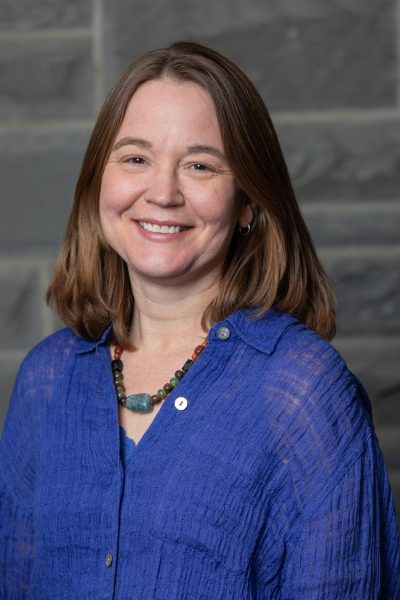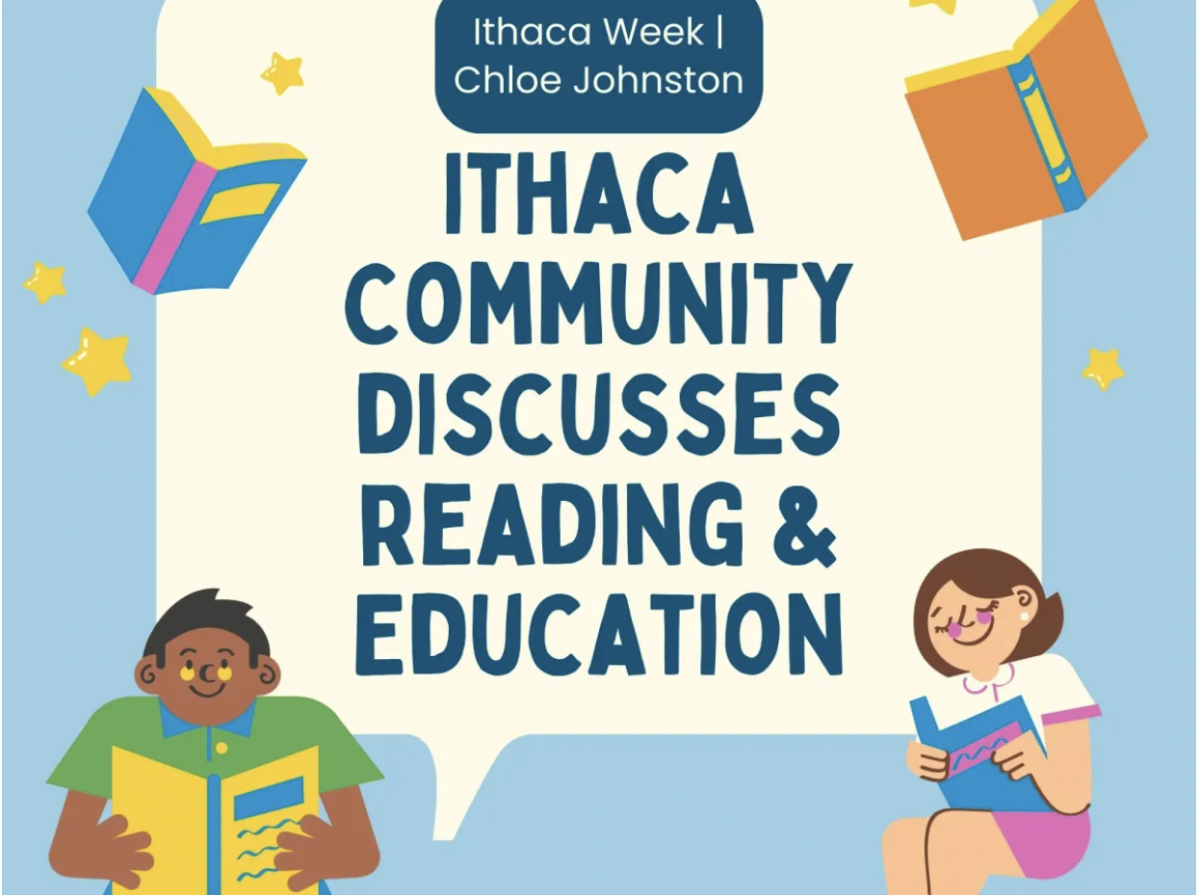Ainsley Dziura, a freshman Speech-Language Pathology and Audiology major at Ithaca College, learned in February that her minor in Deaf Studies is going to be cut from the college’s programs of study in the upcoming academic year.
Dziura has been taking courses in the minor, and cannot get the American Sign Language proficiency she wanted for her career.
“Since I’m a speech-language pathology student, my main goal was to have this minor,” Dziura said. “Hearing it was cut kind of derailed my scheduling and hopes for what I wanted in my career.”
Programs of study at Ithaca College have been significantly reduced over the past five academic years, with 25 majors being cut from the 2020-2021 to 2024-2025 school year, according to Ithaca College Facts in Brief. These cuts affected some faculty and staff, who were laid off when their department was cut.
However, with the return of Chicago-based Huron Consulting Group, another period of cuts could be coming, some faculty say.
Huron Consulting Group is a management consulting firm that Ithaca College hired in 2013 to reduce the budget deficit.
In October 2024, college President La Jerne Terry Cornish announced the college brought Huron back to balance the budget by 2028, in response to a mandate by the school’s Board of Trustees.
The college has been running at a deficit since the 2019-2020 budget, according to the school’s budget documents.

Round one
The 2022-2023 academic year saw a steep reduction in programming at Ithaca based on recommendations from the Academic Program Prioritization Implementation Committee.

The committee was established in September 2020 by former college Provost and current President Cornish and asked to create a “Shape of the College” proposal recommending programs to be cut by the college’s administration.
Jack Powers, Park professor and chair of Media Arts, Sciences, and Studies served as co-chair of the Advisory Committee, as interim dean of the Park School. The Advisory Committee was asked to make recommendations to the Implementation Committee.
However, Powers said, those recommendations didn’t directly translate to action.
For example, he recommended no cuts to staff and faculty in the Park School because he didn’t believe cuts were the way to solve the fiscal problems.
“We had no authority,” Powers said. “And therefore, decisions were made that I think I can speak for all the people on the advisory committee that we didn’t always agree with.”

Faculty response
In addition to the Shape of the College announcement of programming cuts, 116 full-time equivalent faculty positions were ultimately recommended for elimination. The Implementation Committee chose to protect tenured and tenure-eligible positions, primarily cutting non-tenure track faculty members (NTEN) according to the school newspaper The Ithacan.
Fae Dremock, former assistant professor of Environmental Studies and Sciences at Ithaca College, said that although she was an NTEN professor, she was treated the same as a tenure-eligible faculty member up until her position’s elimination.
“They flew me in for a full campus interview as if I were tenure track,” Dremock said. “Because that’s how they dealt with NTENS. We were full faculty.”
According to the APP Process and Committees webpage, part of the Implementation Committee’s job was to “gather and consider additional feedback provided by faculty and departments through the APPAC” before drafting the Shape of the College document.
Dremock said in her case, decisions were made before faculty got the chance to provide feedback.
“I was already told I was being let go before the feedback ever went on,” Dremock said. “And then they took feedback, but it meant nothing. They were not going to walk back anything.”
Transitions
Programming reductions also affected faculty who were able to keep their positions at the college after the cuts.

Professor Elizabeth Bergman, chair of Ithaca College’s Gerontology Institute, said when it was announced the Gerontology major was being cut and replaced with an Aging Studies minor, it was up to the Gerontology staff to find a new home for the program. After months of discussions and meetings with department heads, staff selected Health Sciences and Human Performance as the home of the new Gerontology Institute.
“There was the whole element of acclimating to a new culture,” Bergman said. “Because each school is different, that was part of the transition as well.”
In 2018, there were 76 minors and 101 majors. Today, there are 67 minors and 70 majors at Ithaca’s undergraduate level.
After the Implementation Committee’s work was done following the 2021-2022 academic year, the number of programs of study were stabilized and did not change significantly from year to year.
The reintroduction of Huron has been unsettling for Ithaca College faculty during a period of uncertainty as to what Huron’s recommendations will be to reduce the budget deficit.
“Having been through it once, it was a really painful, difficult process,” Bergman said. “And intellectually, it made sense on a lot of levels but emotionally it was really difficult.”







